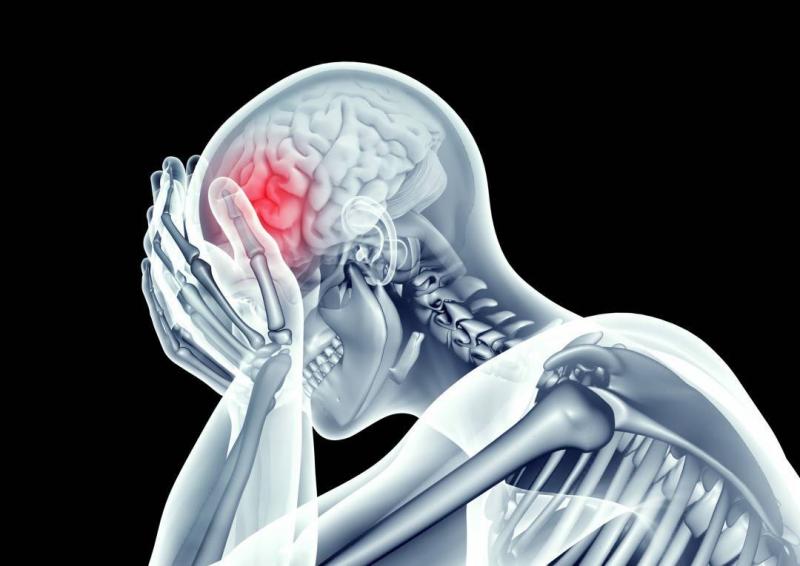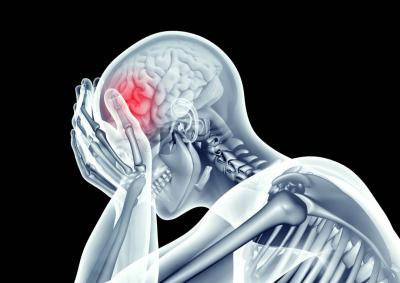A new study found that those who adhere strongly to a set of simple health measures may age more slowly. Researchers believe that following the basic principles of life, issued by the American Heart Association, can reduce biological age by up to six years. The measures included in the checklist, known as Life's Essential 8, encompass healthy eating, regular exercise, not smoking, and getting adequate sleep. The other four health factors relate to staying slim, maintaining low cholesterol, and keeping healthy blood pressure and blood sugar levels.
Experts say these eight measures promote good heart health, which may, in turn, slow down the pace of biological aging. Academics at Columbia University in New York analyzed data from over 6,500 Americans with an average age of around 47 years. They calculated the participants' phenotypic age, an experimental measure of biological age based on the results of nine biomarkers, including those monitoring metabolism, inflammation, and organ function.
The scientists also assigned each participant a high, moderate, or low cardiovascular score based on adherence to the Life's Essential 8 checklist. Factors that could affect the results, such as income, education, and ethnic background, were taken into account. High cardiovascular health was associated with a lower biological age, meaning these participants were physiologically younger than expected. For instance, the average actual age of those with high cardiovascular health was 41 years, while their biological age was 36 years.
In contrast, those with low cardiovascular health exhibited a positive acceleration in phenotypic age, meaning they were biologically older than expected. The average actual age of individuals with low cardiovascular health was 53 years, while their biological age was 57 years, which is four years older than expected. Further analysis indicated that achieving higher health scores was linked to being six years younger biologically.
Study author Professor Nirav Mehta, an assistant professor of epidemiology at Columbia University, stated, "We found that higher cardiovascular health is associated with slower biological aging, as measured by phenotypic age. We also found a dose-dependent relationship - as cardiovascular health improves, biological aging decreases." She added, "Greater adherence to all eight essential life measures and improving cardiovascular health can slow the aging process of the body and brings many future benefits. Lower biological aging is not only associated with a reduced risk of chronic diseases such as heart disease but also with longer life and decreased risk of mortality."
Dr. Donald Lloyd-Jones, chair of the writing group for Life's Essential 8 and former volunteer president of the American Heart Association, noted, "These findings help us understand the relationship between chronological age and biological age and how healthy lifestyle habits can assist us in living longer. Everyone wants to live longer, but more importantly, we want to live healthier for longer so we can truly enjoy a good quality of life for as many years as possible." Researchers stated that the cardiovascular health of participants was measured only once, which does not account for changes over time.




